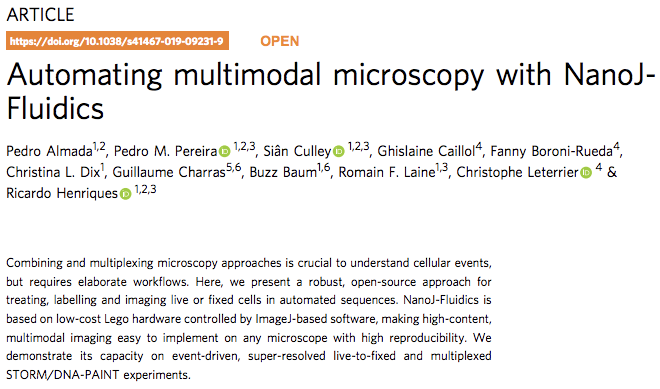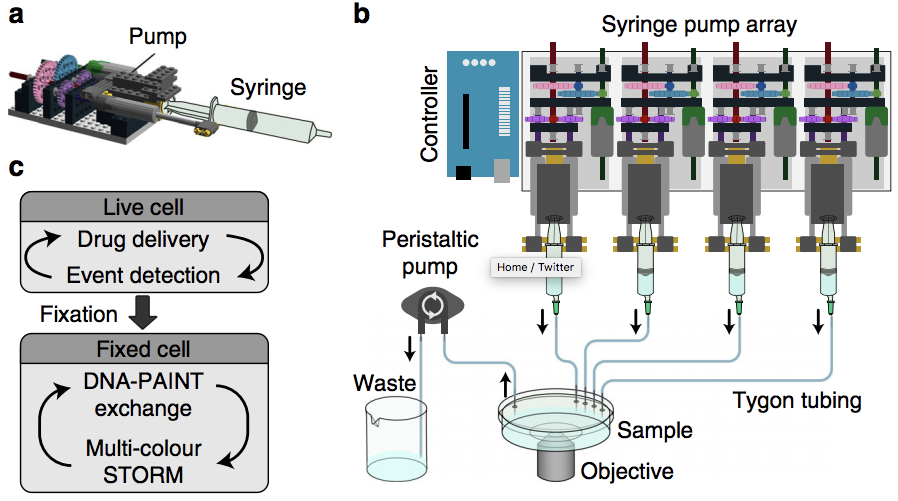Joint work with great colleagues, led by @al_cibiades.
Then we verified the predicted effects of information gerrymandering in social network experiments on thousands of human subjects playing a simple voting game.
A party is at a disadvantage when it concentrates most its influence in tight bubbles, while leaving some members in bubbles dominated by the opposition. Video by Stewart













